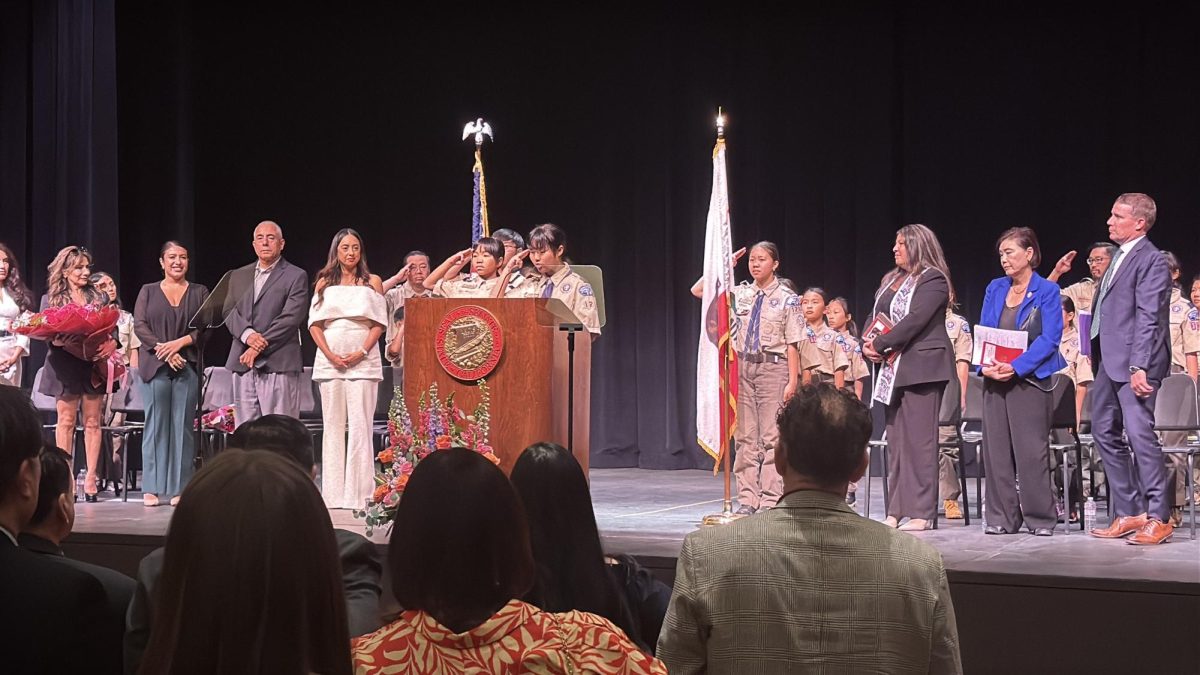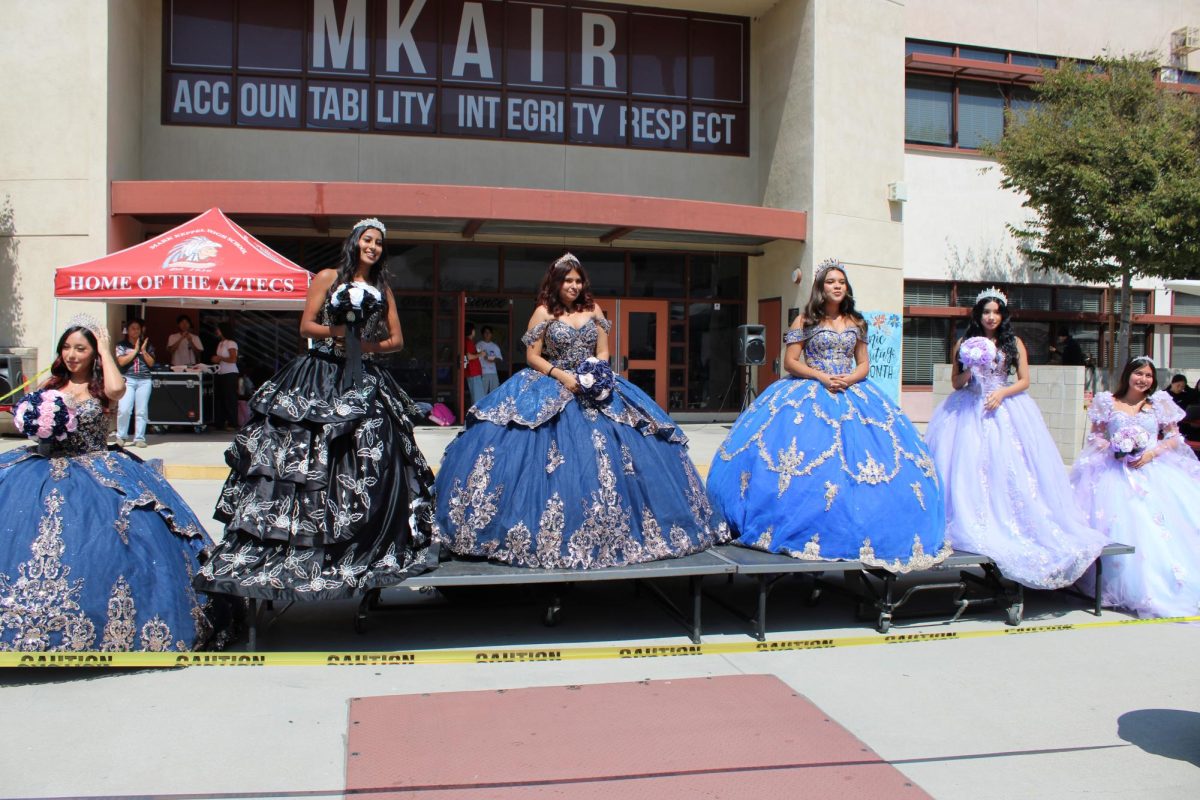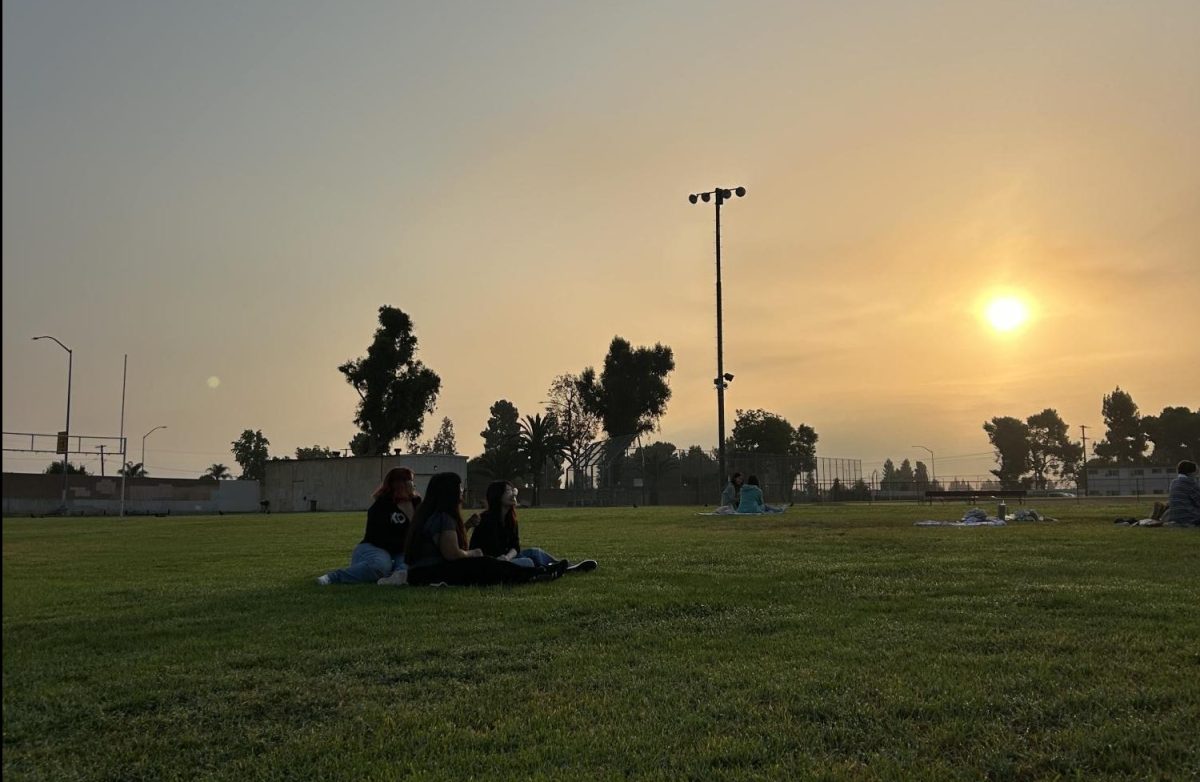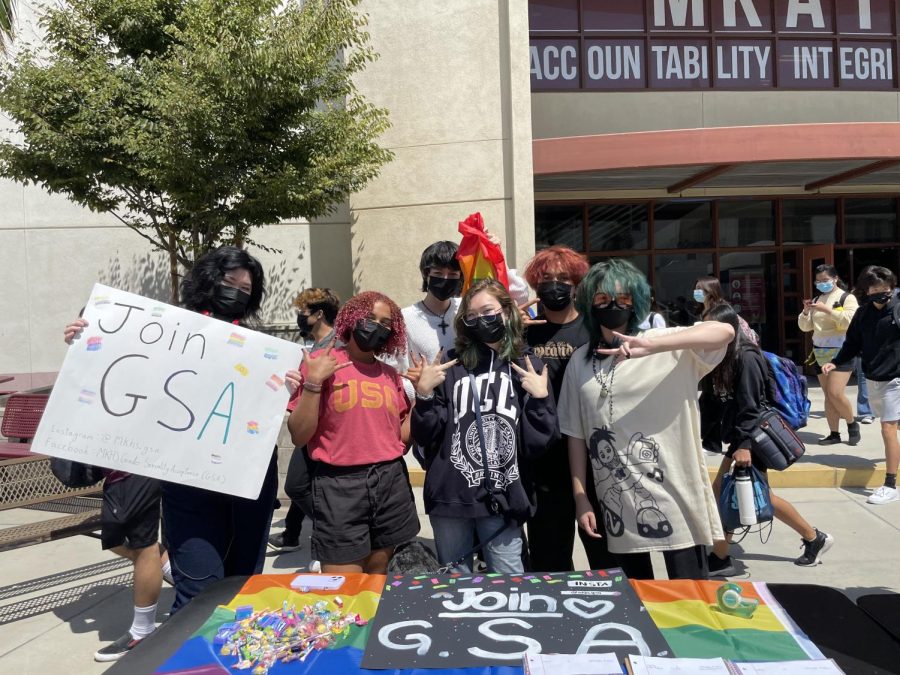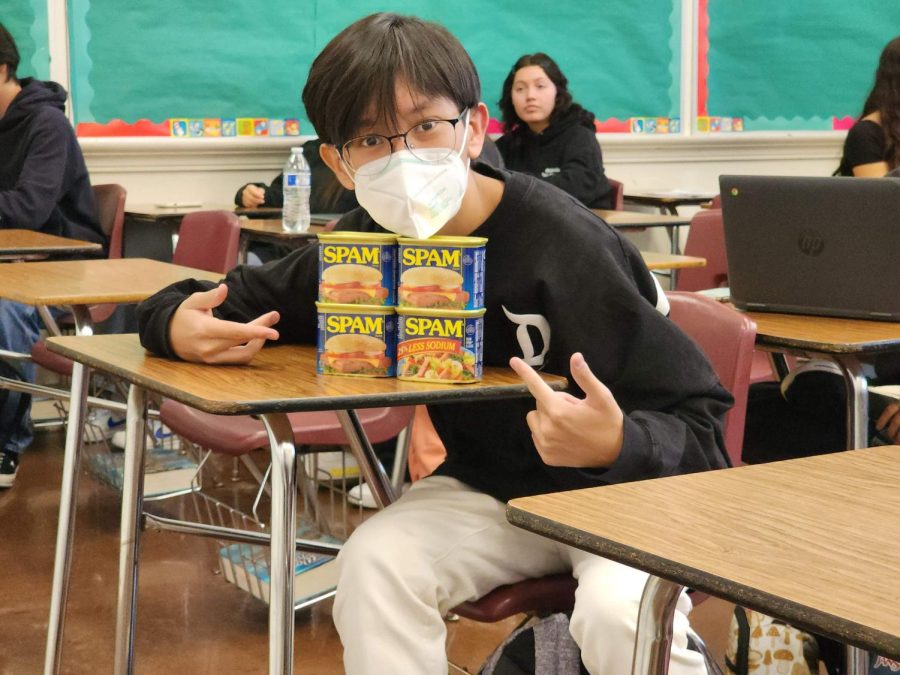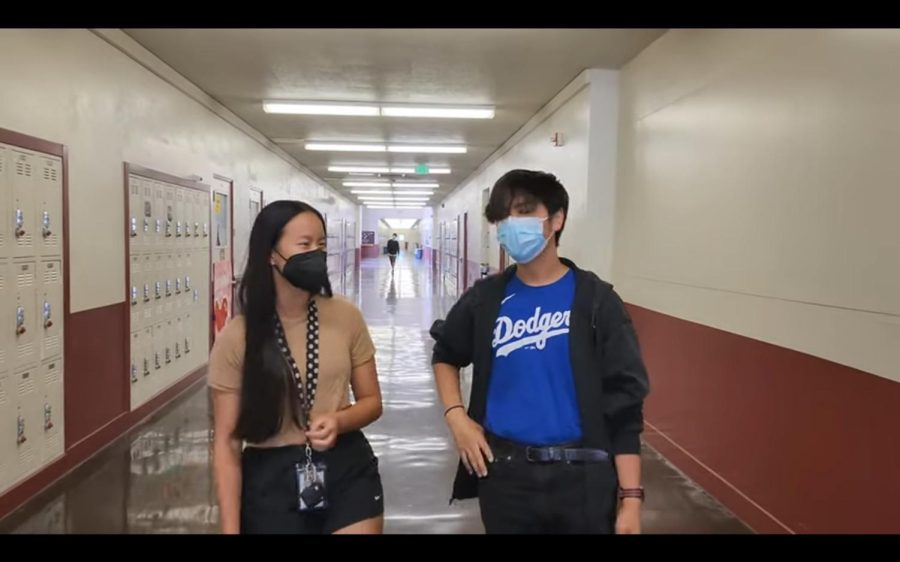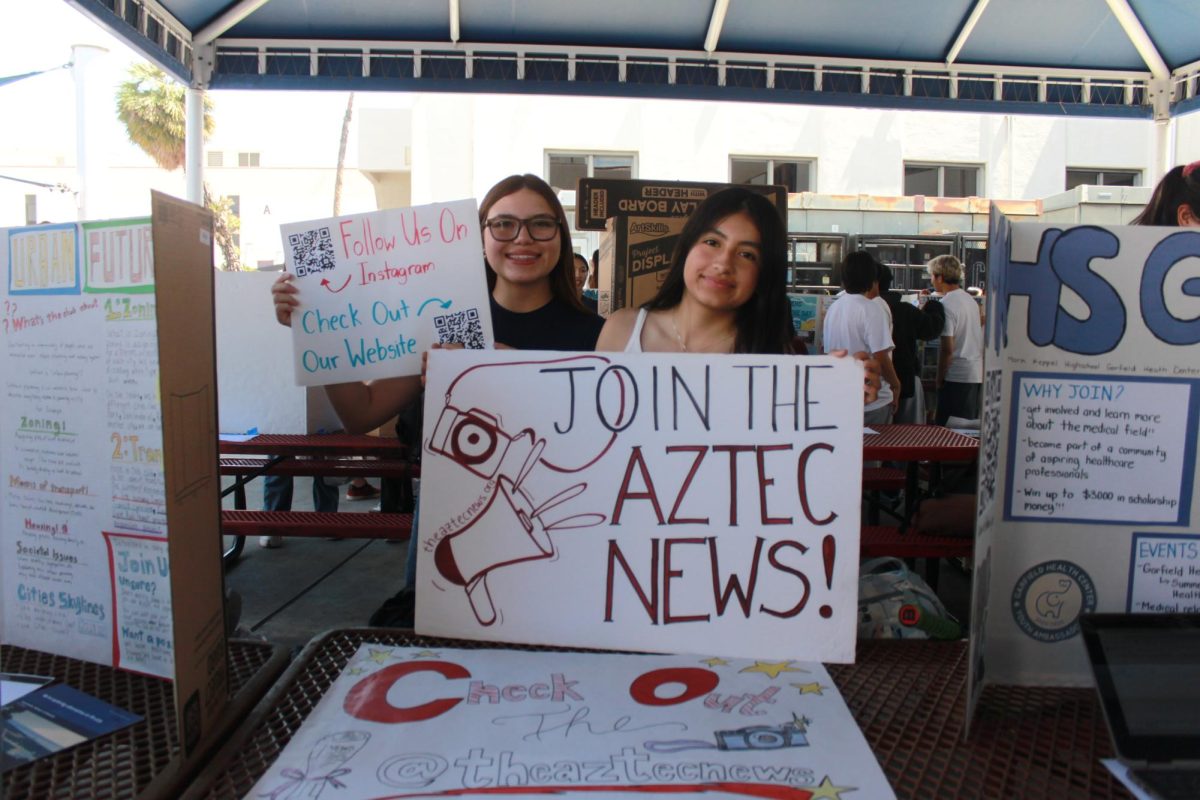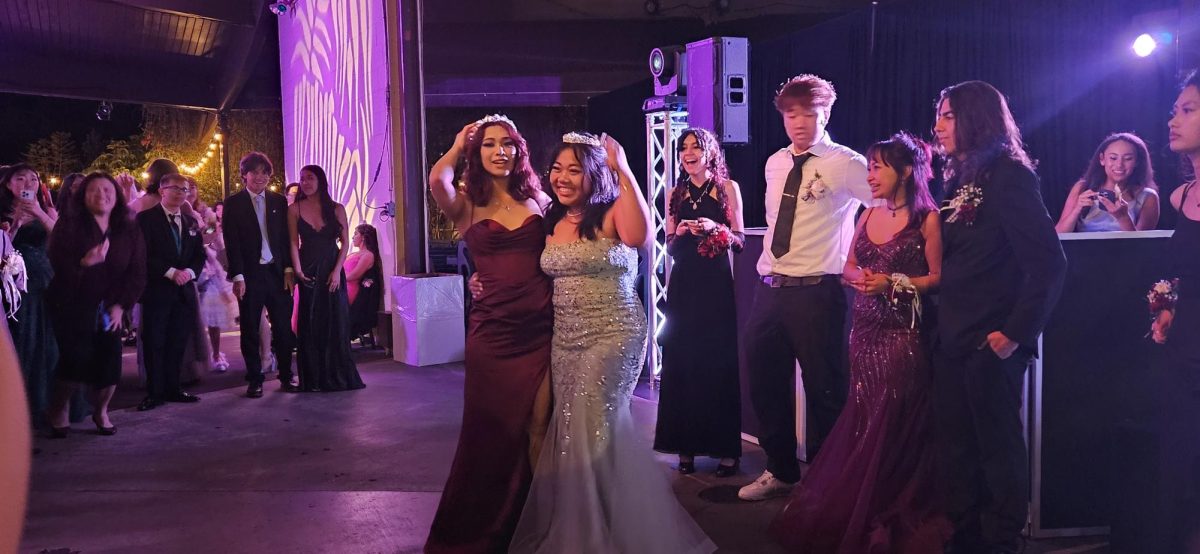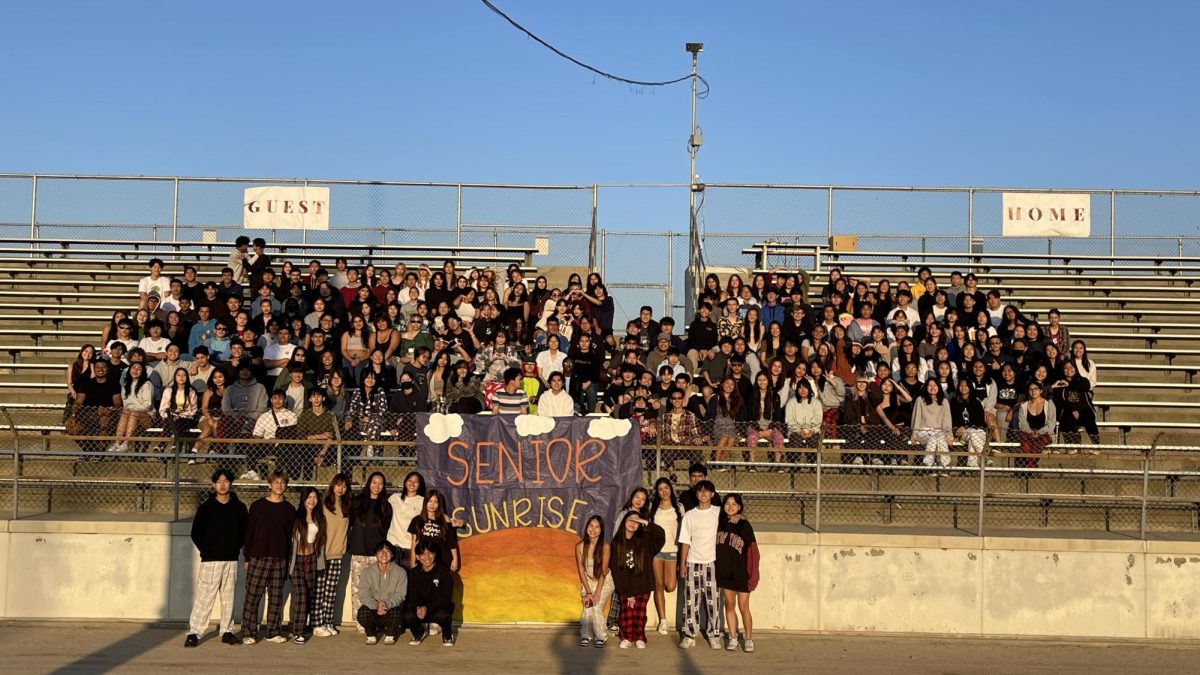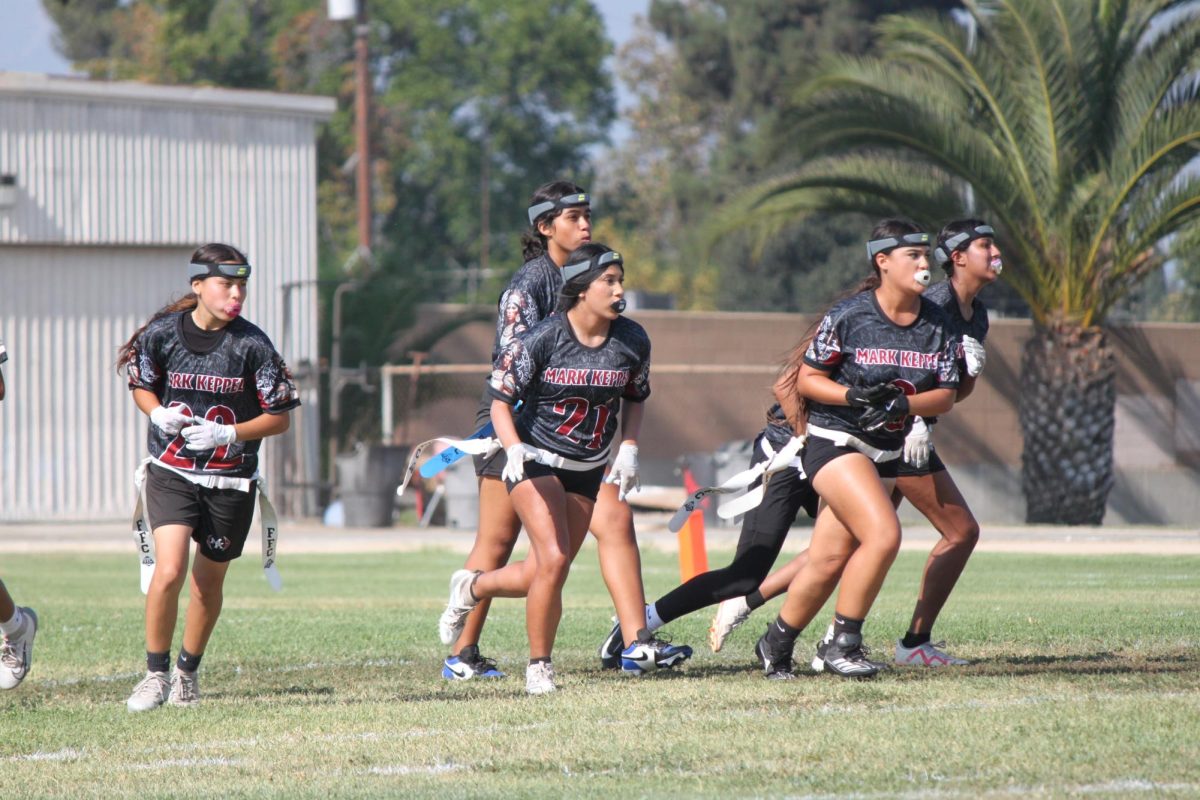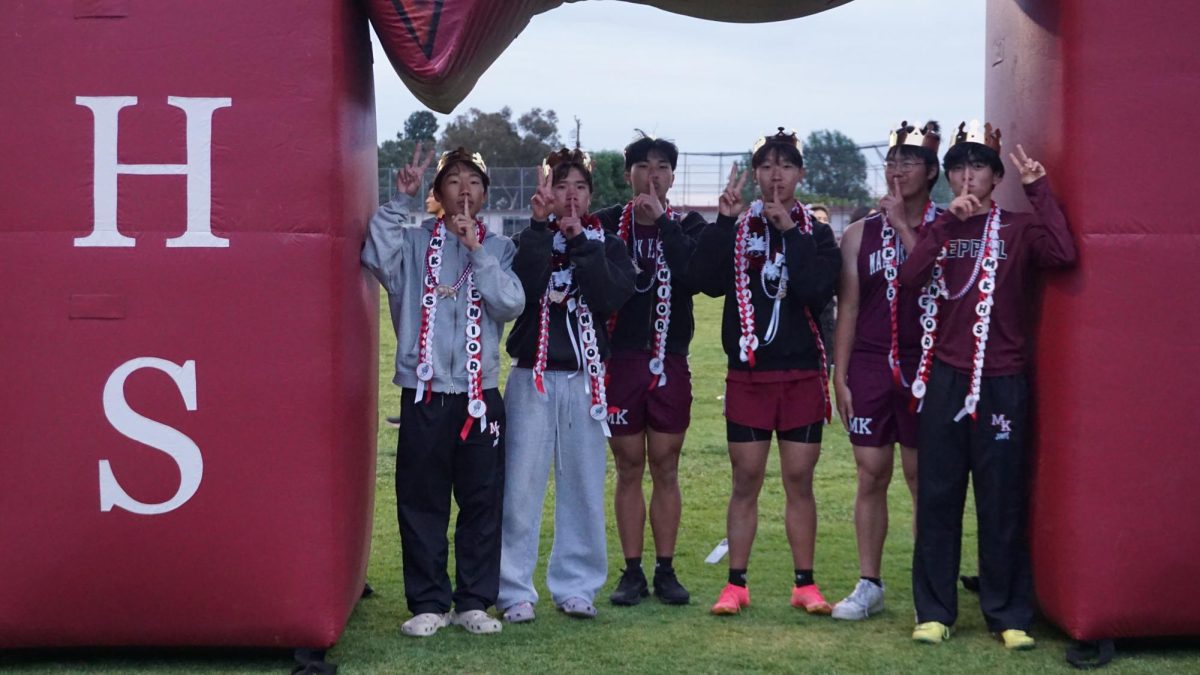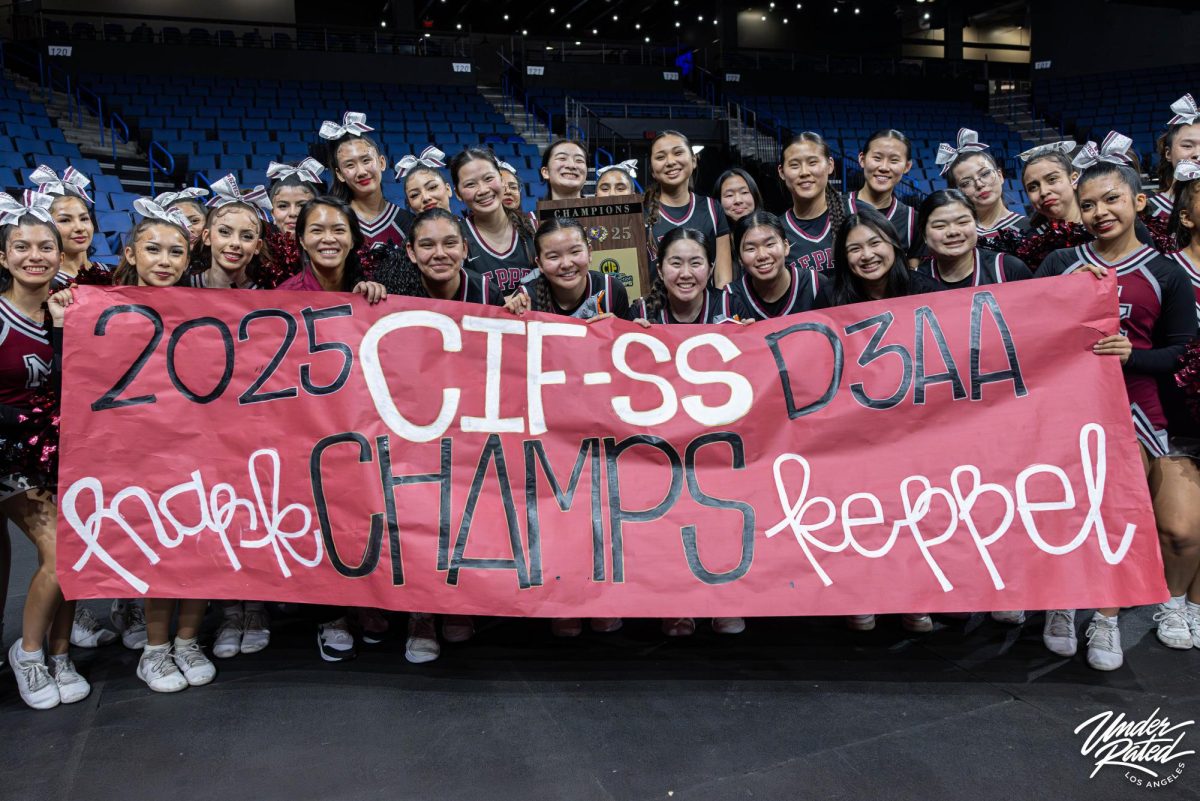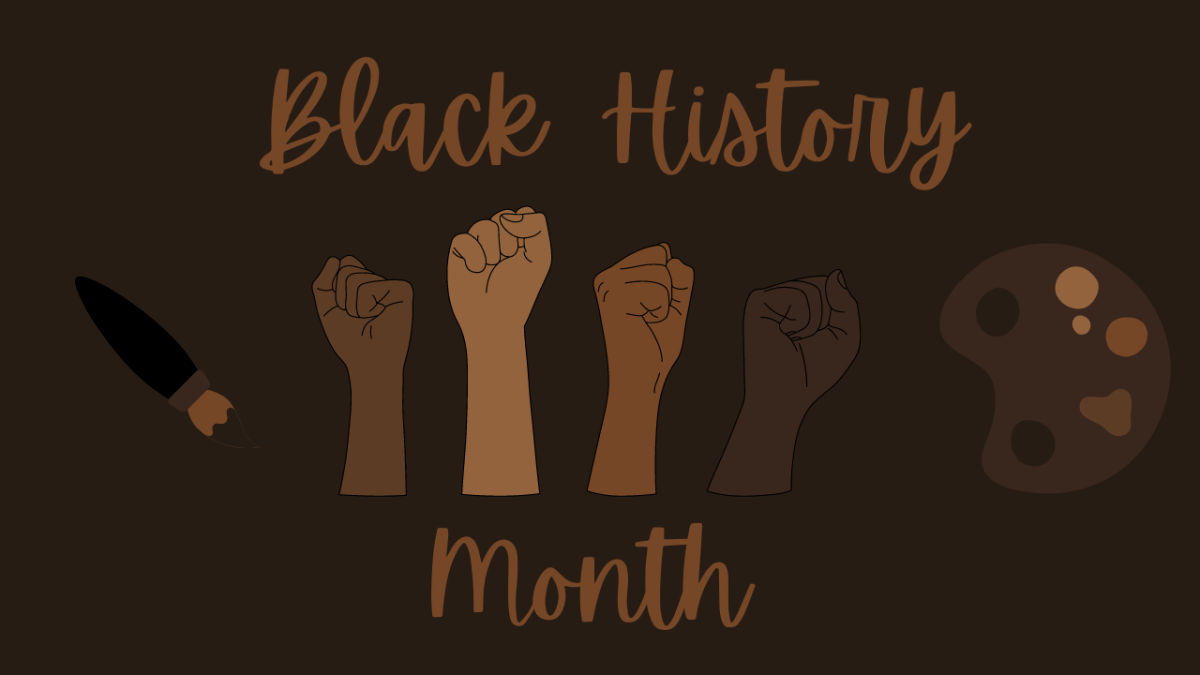The month of February commemorates Black History Month. This month, people around the United States commemorate the live history, achievements, and contributions of African Americans in society. Dr. Carter G. Woodson, a historian and author who founded the Association for the Study of African American Life and History (ASALH), launched ‘Negro History Week’, which evolved into African American History Month. His general commitment to commemorating black history led to the establishment and recognition of this month.
Every year a theme is assigned for Black History Month, a reflection of the times. This year’s theme of African Americans & The Arts honors the talents, skills, and beauty that African Americans brought to America. This includes music, writing, poetry, weaving, dancing, any sorts of arts. While these traditions that people of African descent had brought over was initially seen as odd or tribal, over time it was embraced and others adopted it as their own. Over the years, African American art became its own genre. One example of an African American artist is Joshua Johnson. Johnson was a portrait painter living and working in 18th and 19th century Baltimore. There is not much known about his background, however it is believed that he may have been enslaved. He is credited with over 100 portraits, all portraying a naive style. Johnson is celebrated for being the earliest known African American who worked professionally as an artist, which forged a path for many other African American artists that followed. Two more African American artists or musicians in particular that have changed the landscape of music are Louis Armstrong and Aretha Franklin. Armstrong is one of the most influential if not most important music figures in the history of America and perhaps the world. There is no artist that is more responsible for the sounds of modern jazz than Armstrong, his charisma, technical skill, and knack for melody made jazz the ‘solo driven genre’, including improvisation, something new to come. Franklin is dubbed as ‘the most important woman in the history of popular music, the “Queen of Soul,” and one of the defining voices over the past century. Franklin was originally a gospel singer and merged with a R&B style that would serve as an inspiration for future female pop stars.
Then, there is poetry. There are many famous and influential African American poets. There is Maya Angelou, Langston Hughes, Alice Walker, Nikki Giovanni, Gwendolyn Brooks, W.E.B. Du Bois, and many more. All of these poets have opened the door for poetry to be a vaster landscape and a place where poets of color can speak their truth. Walker, also author of books such as The Color Purple has written poems like “Working Class Hero” where she says, “My brothers knew, the things you know. I did not scorn learning them; It’s just my mind was busy being trained for “other things”:Poetry, Philosophy, Literature. Survival, for a girl.” Many of Walker’s poems discussed the difficulties of growing up as a black girl and how poetry has helped her become more confident in herself.
Mark Keppel High School has a poetry club and team called Speak Now All Poets or SNAP. The SNAP team is a slam poetry or spoken word poetry team. As a part of the team, competitors go to competition where they compete against people from other schools in a competition called the Classic Slam. Poets perform a classic poem, a poem written by someone else, and a response poem, a poem they wrote themselves in response to the classic poem. These poems cover a variety of topics that present themselves in the world, and a huge topic is race. Maryam Tall, a senior and one of the admittedly few African American students at Keppel , has been on SNAP for two years. She is also the President, Opinion Editor, and Editor-In-Chief of her school newspaper, The Aztec News. She auditioned and joined her junior year at the behest of her English teacher, Dottie Burkhart. In her first competition, the team won the competition, not only winning that competition but being one of few if not the only team in the competition’s history to win back to back (2022 and 2023). Tall performed two poems, a long or regular poem, under 3 minutes, and a shortie, a short poem, approximately a minute. Her classic poems were “As A Human Being” by Jericho Brown (long poem) and “The Audre Lorde Questionnaire To Oneself” by Divya Victor (shortie). Her response poems were “I Am Only Human”, a poem about the struggles of growing up defined by labels and how writing, both poetry and fiction, has helped her, as well as “As Many Words As Necessary”, a poem about growing up as a black Muslim girl and how these parts of her identity have had a hold on her life.
An overwhelming theme throughout her poems are about the struggles that people of color face everyday, and the importance of poetry in changing how the world thinks. In her poem, “As Many Words As Necessary” she writes about police brutality in connection with being a person of color, “I had no words reading The Hate U Give for the first time. Learning that a hairbrush can look like a gun in a black boys hand, black man’s hand, my diabetic father’s hand, whose one question is whether the diabetes or the bullet will kill him first.” Tall remarks, “I have always loved writing for as long as I can remember. Whether it was writing stories in my small black notebook, or drafting up songs or poetry, it has always made me feel in some way exceptional. SNAP is a place for that. It is the one place I feel I have truly exceeded, a place where I can truly be myself and feel like I do not have to hold back my identity.”
Tall continues on to say, “ Growing up as a black Muslim girl in a society where all three parts of my identity are hated has always been difficult. I have had to work harder, be kinder, look my best, be my best at all times. It is a mentally taxing state but it is something that many African Americans experience. But I feel so honored to have found a place where I can express this art, because being a ‘creative’ as some call it is one of the greatest choices of my life, especially during Black History Month. Being a part of the extracurriculars that I do such as SNAP and the newspaper make me feel like I am doing something to change history, especially having a position of leadership, it makes me feel as if my struggles were worth it because I never believed I could do it. Black History Month is a special month for me, especially this year where it is one day longer, it validates my experience, and the experiences and struggles of all African Americans.”
Although Keppel has a small African American population, it is a strong group that is validated and appreciated for the diversity that they bring to the school. Even though Black History Month is celebrated in February, this group of people are appreciated every day of the year. Happy Black History Month.

